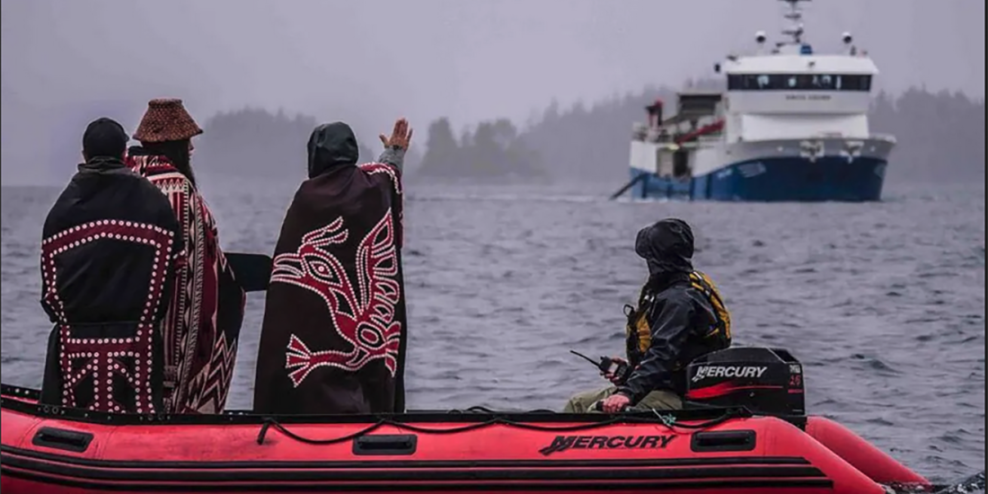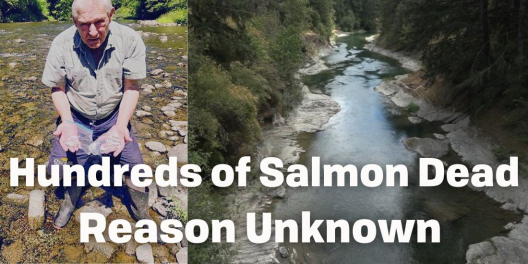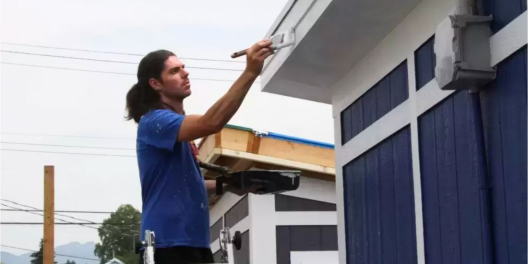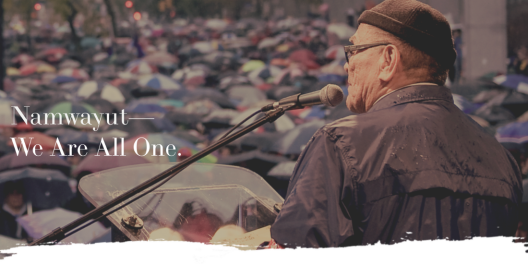Last week, Premier John Horgan sent a letter to the Prime Minister about factory fish farms in coastal BC. The remaining licenses for open-net pen fish farms expire in June. So far, no one knows if they’ll be renewed or not.
Horgan told the PM that he’s concerned that those licenses won’t be renewed.
“[T]here is widespread concern in coastal communities that your government is poised to make a decision in coming days that will eliminate many, if not all, salmon farming licences,” Horgan wrote to Trudeau.
He claims to be worried about jobs. “If true, such a decision would eliminate hundreds of job hubs and undermine the economy of dozens of coastal communities.”
And he also claims to be worried about the rights of a small minority of First Nations who want to operate fish farms. The letter says that eliminating salmon farm licences “would fly in the face” of the United Nations Declaration on the Rights of Indigenous Peoples (UNDRIP).
That’s the biggest load of hogwash we can imagine.
First, it seems like Horgan only supports First Nations that promote industrial development. If a First Nation raises concerns about an industrial project, all you hear from Horgan is crickets.
It’s true that some First Nations on the BC coast support open-net fish farming in their territory. But the industry’s Indigenous supporters are few and shrinking by the day.
Last week when they launched, the newly-formed Coalition of First Nations for Finfish Stewardship claimed to represent 17 First Nations who were pro-open-net fish farms.
But within a few days, that number had fallen to 13. No one has said why yet.
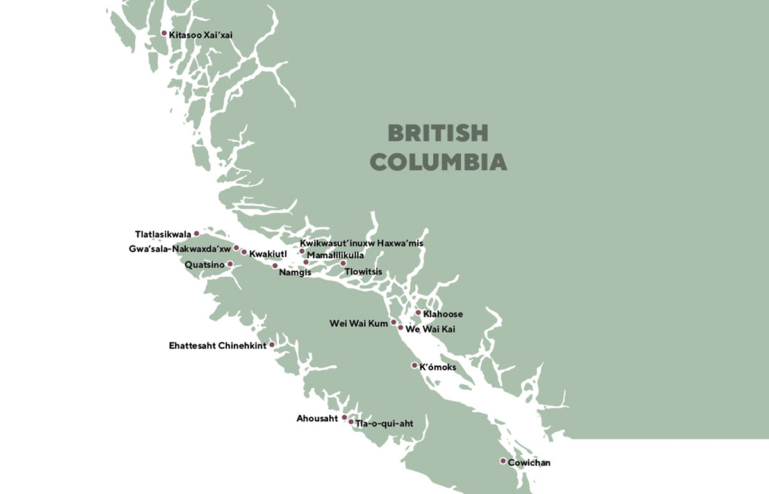
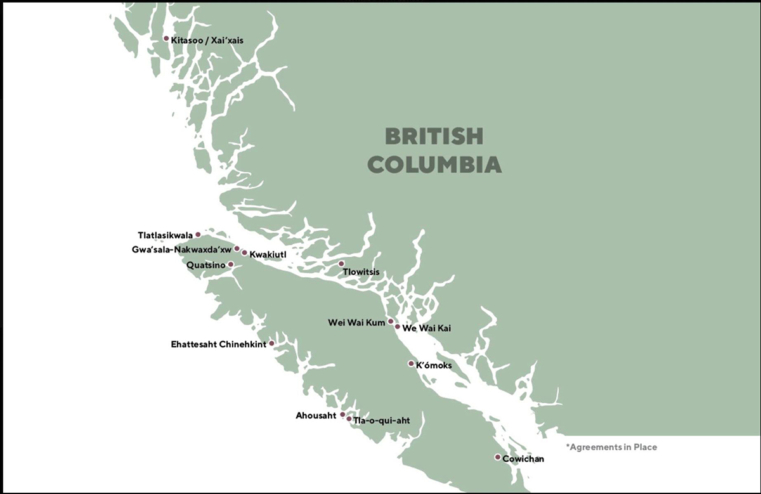
By stepping in to support the small minority of pro-industry First Nations, Horgan has chosen to ignore the other 102 BC First Nations communities that support moving fish farms on land.
The second problem with Horgan’s letter is that he makes it sound like the only jobs for First Nations are in fish farms.
Does Horgan think First Nations folks can only work at sea lice breeding pools that suck money out of the coast and send it to Norway?
The salmon farming industry claims that 4,700 jobs could go away if the farms are shut down. That’s a big deal.
But Indigenous people are creative, innovative, and driven. And there are lots of First Nations commercial fisheries that could employ lots of people—if there were more wild fish to catch.
Third, Horgan’s record on UNDRIP is less than stellar. His government has been quite willing to stomp on First Nations rights when it comes to pipelines. He’s not only ready, willing, and able to “fly in the face” of the Wet’suwet’en, but his government has also authorized para-military RCMP squads to stick machine guns and sniper rifles in their faces.
Bob Chamberlain is the chairman of the First Nations Wild Salmon Alliance. He told Business Intelligence for BC that most of the First Nations that want fish farms phased out are worried about Horgan’s letter.
“This is not solely about jobs,” Chamberlain said. “What we’re talking about is food security for the vast number of First Nations across the province.”
“I don’t think there is any room in the BC ocean for open-net cage fish farms.”
Nothing says that all First Nations need to agree on salmon farming. They’re different people with different histories. It’s like asking every city in BC to agree on everything, or every country on the planet to agree.
Differences are a normal part of life.
And it doesn’t mean those differences are easy. Especially when some First Nations are struggling.
But sometimes, good decisions are still really hard.
And Horgan’s letter isn’t making them any easier.
